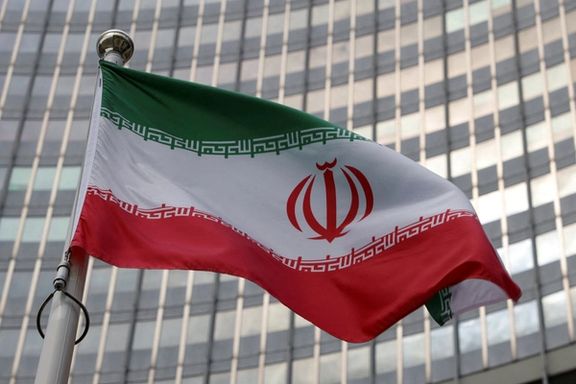The relatively moderate Iranian news site Rouydad24 wrote in an editorial on Wednesday that despite the possibility of attacks on Iran's nuclear infrastructure, the International Atomic Energy Agency’s (IAEA) silence was perplexing.
“Should this silence be interpreted as tacit approval for such an attack, or does it imply the IAEA sees no reason for concern on this issue?” the editorial asked, suggesting that the agency's silence could be interpreted as either passive endorsement or indifference to the potential threat.
The website characterized Western and Israeli discussions about the possibility Israel will destroy Iran's nuclear capabilities as a warning sign that the IAEA should intervene.
Publication of such articles in the tightly controlled Iranian media may indicate that the government's top policy bodies have agreed or prompted a particular point of view to be made public.
The article may be an attempt by Iran to raise the issue of an IAEA intervention to stop a possible Israeli attack on its nuclear sites, especially since the US government has also voiced opposition to such a move.
Historically, the IAEA has remained neutral on political matters while stressing the importance of nuclear facility safety. Its statements generally focus on the consequences of strikes such as a potential radioactive release rather than on endorsing or opposing any party in a conflict.
Following Russia's invasion of Ukraine the IAEA took an unusually vocal stance on nuclear safety, especially around the Zaporizhzhia Nuclear Power Plant. Director-General Rafael Grossi has repeatedly warned of the severe risks from military actions near nuclear reactors and has called for a protective zone around ZNPP to prevent a potential radioactive disaster.
The outlet went on to posit that the IAEA's silence on a possible Israeli strike on Iranian nuclear sites could be seen as an indication that the agency perceives Israel’s threats not as imminent actions but as strategic moves aimed at influencing Iran’s stance and pressuring the US to meet certain demands.
Last year, Grossi condemned what he called Iran's "disproportionate and unprecedented" move to bar multiple inspectors assigned to the country, hindering the UN nuclear watchdog’s oversight of Tehran's atomic activities.
The editorial may highlight a catch-22: by barring inspectors, Iran itself has limited the IAEA’s influence and capacity to respond effectively to the looming threat of a possible strike by Israel on nuclear targets.
Tehran’s removal of inspectors not only limits the IAEA’s influence but also isolates Iran further from the international system, complicating any calls for international intervention to prevent Israeli strikes.
As a threshold nuclear state, Iran has accumulated highly enriched fissile material for producing a nuclear weapon, though it has not yet taken the final step toward weaponization.
Although Tehran has consistently argued that its nuclear program is meant for peaceful purposes, the current state of its nuclear program, experts say, could act as a deterrent against Israeli aggression.
Some military analysts argue that Israel would require US assistance to effectively strike Iran's nuclear targets. Despite this, the Biden administration has not received any assurance from Israel that targeting Iran’s nuclear facilities is off the table, according to a senior US State Department official who spoke to CNN last week.








